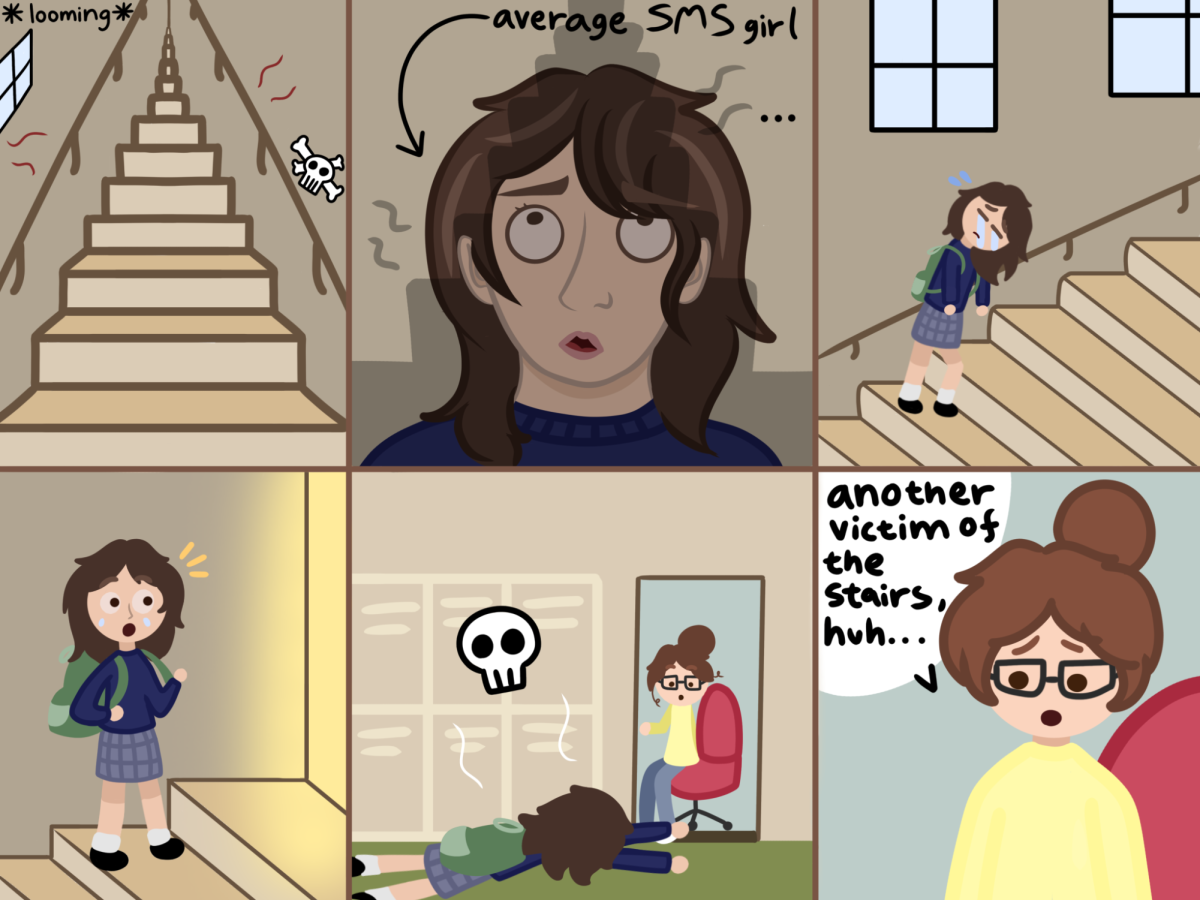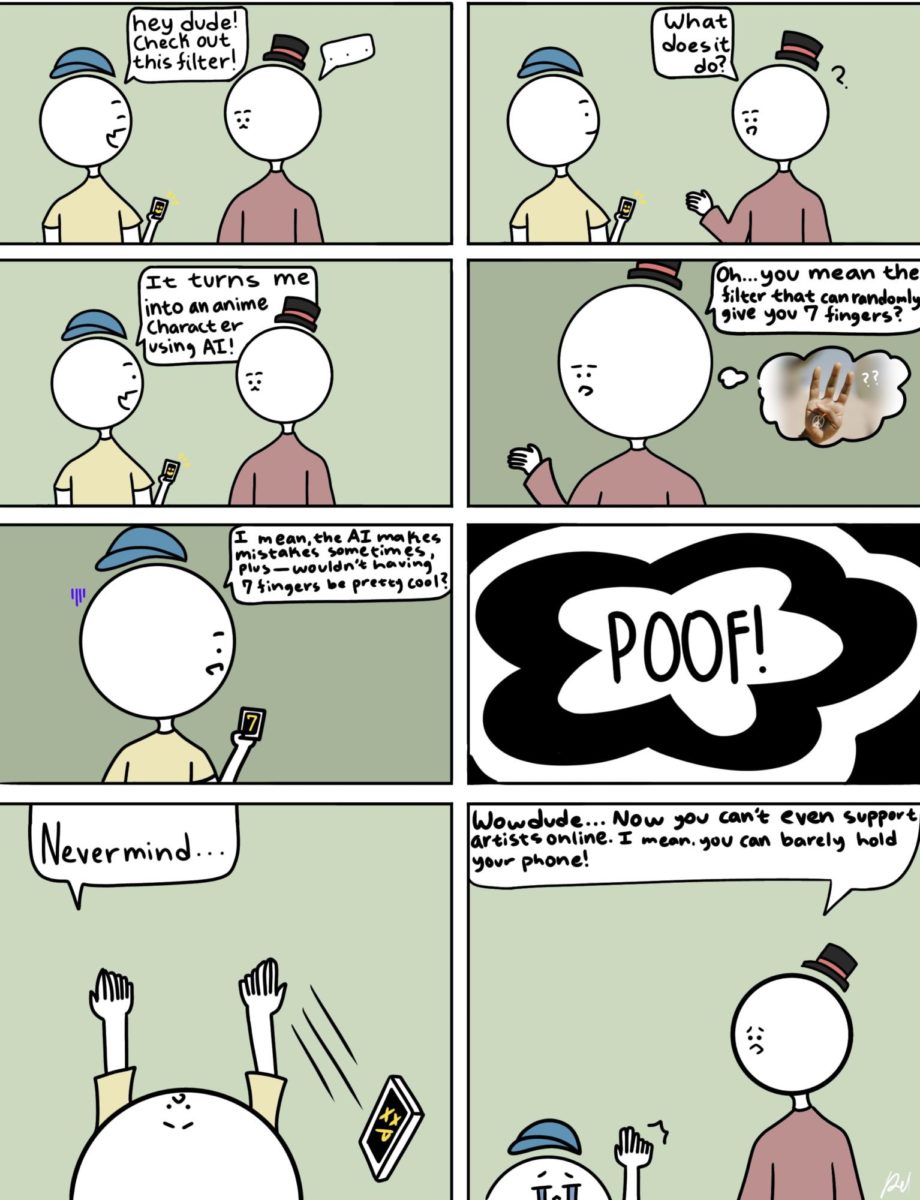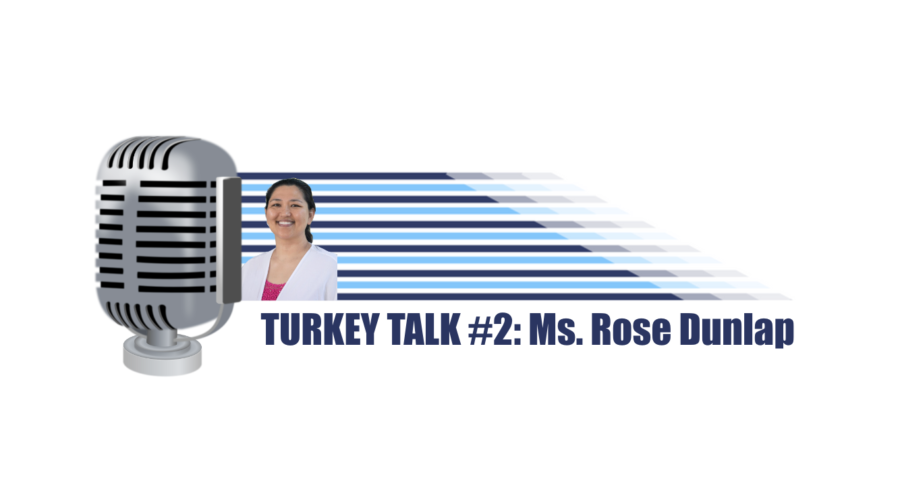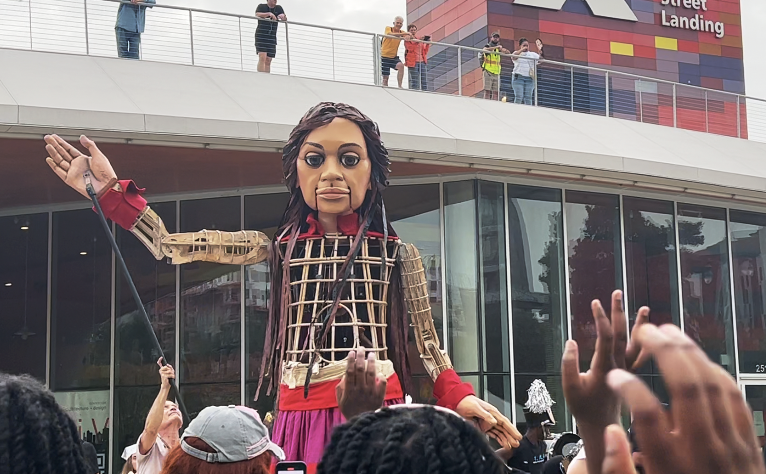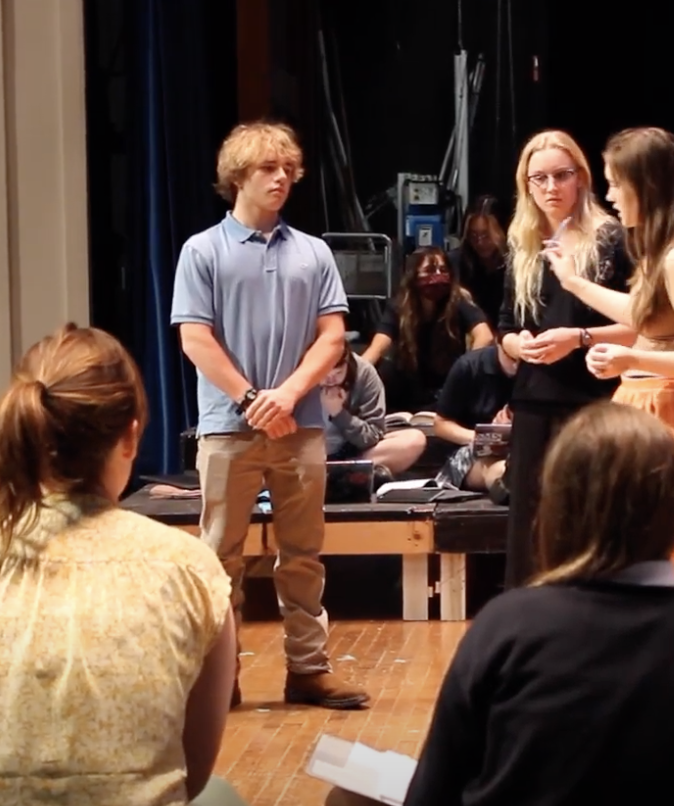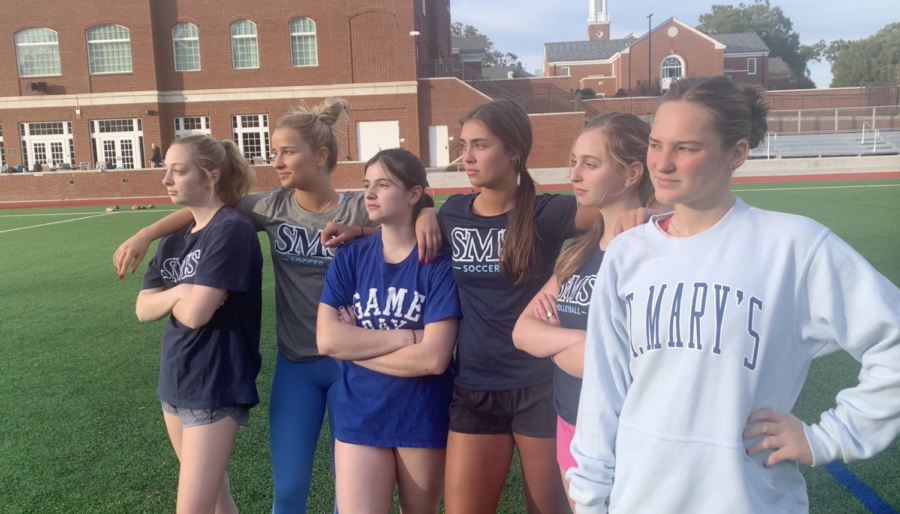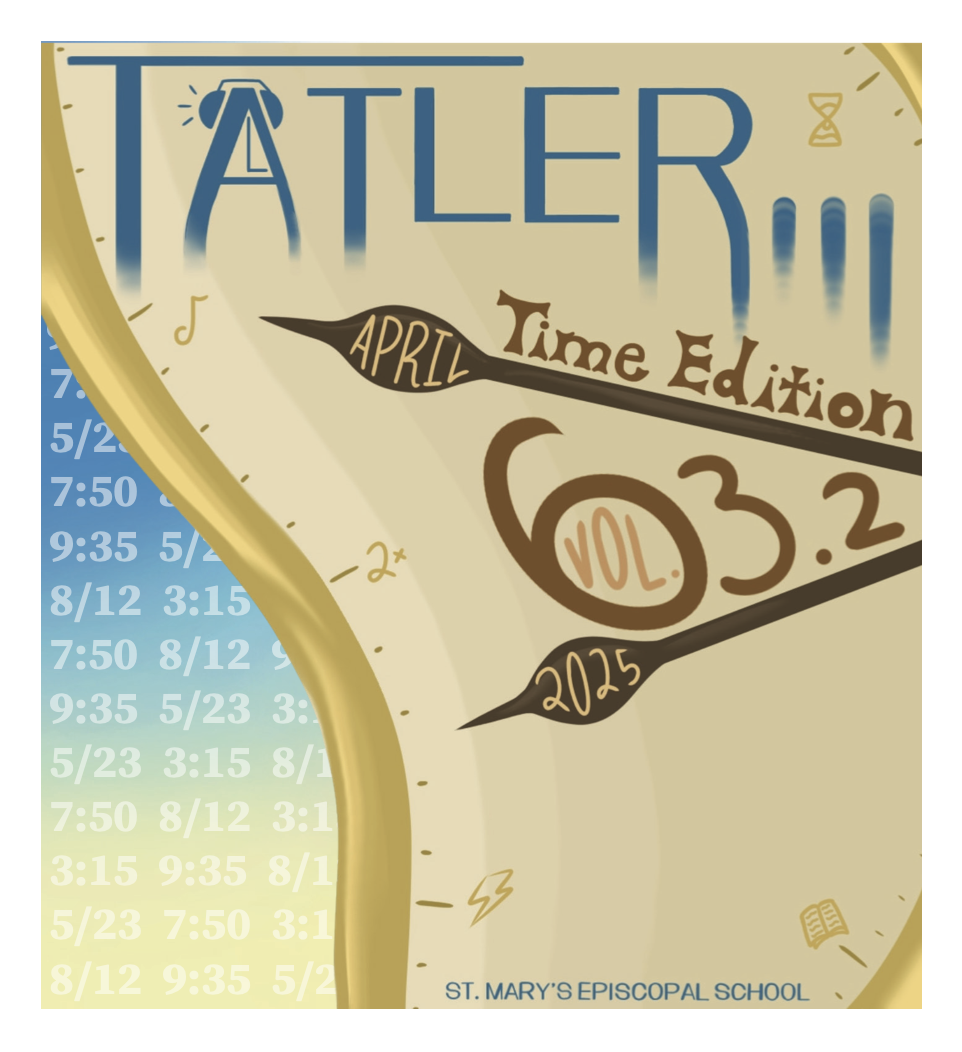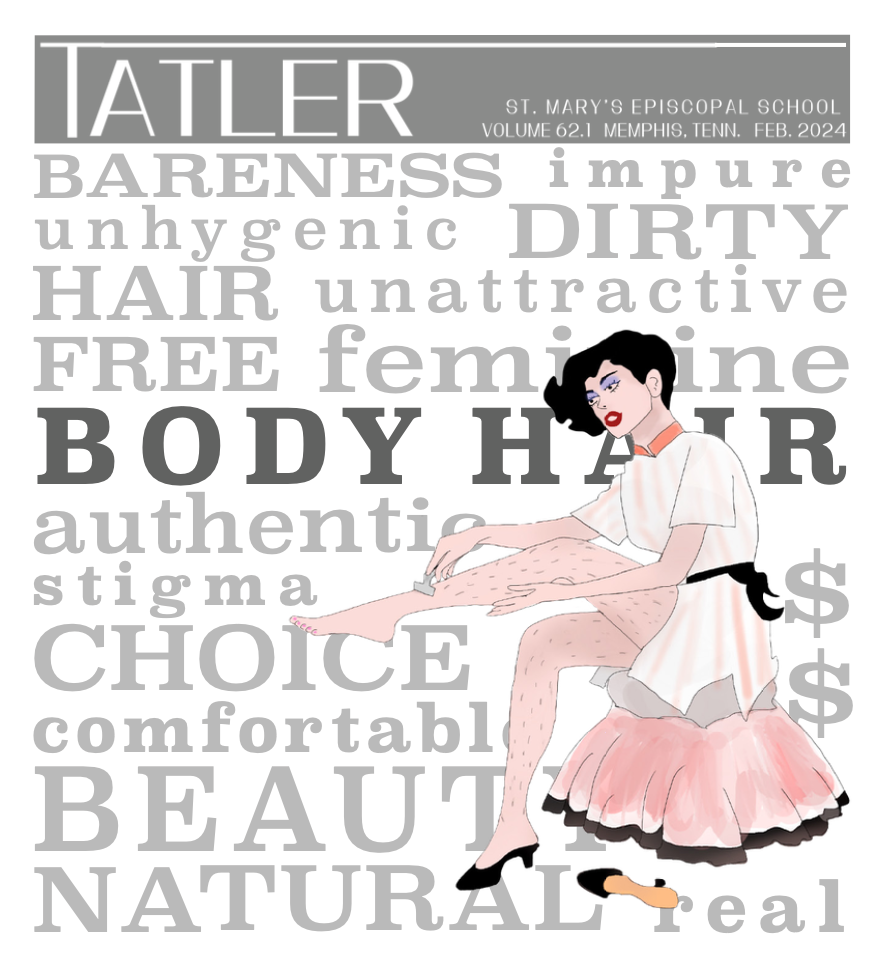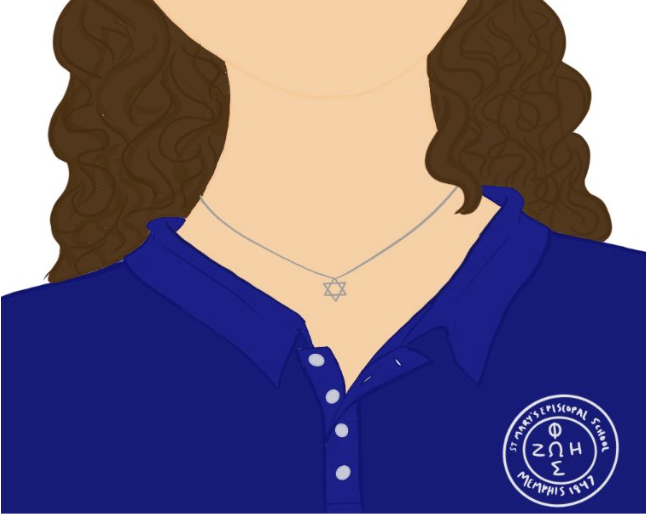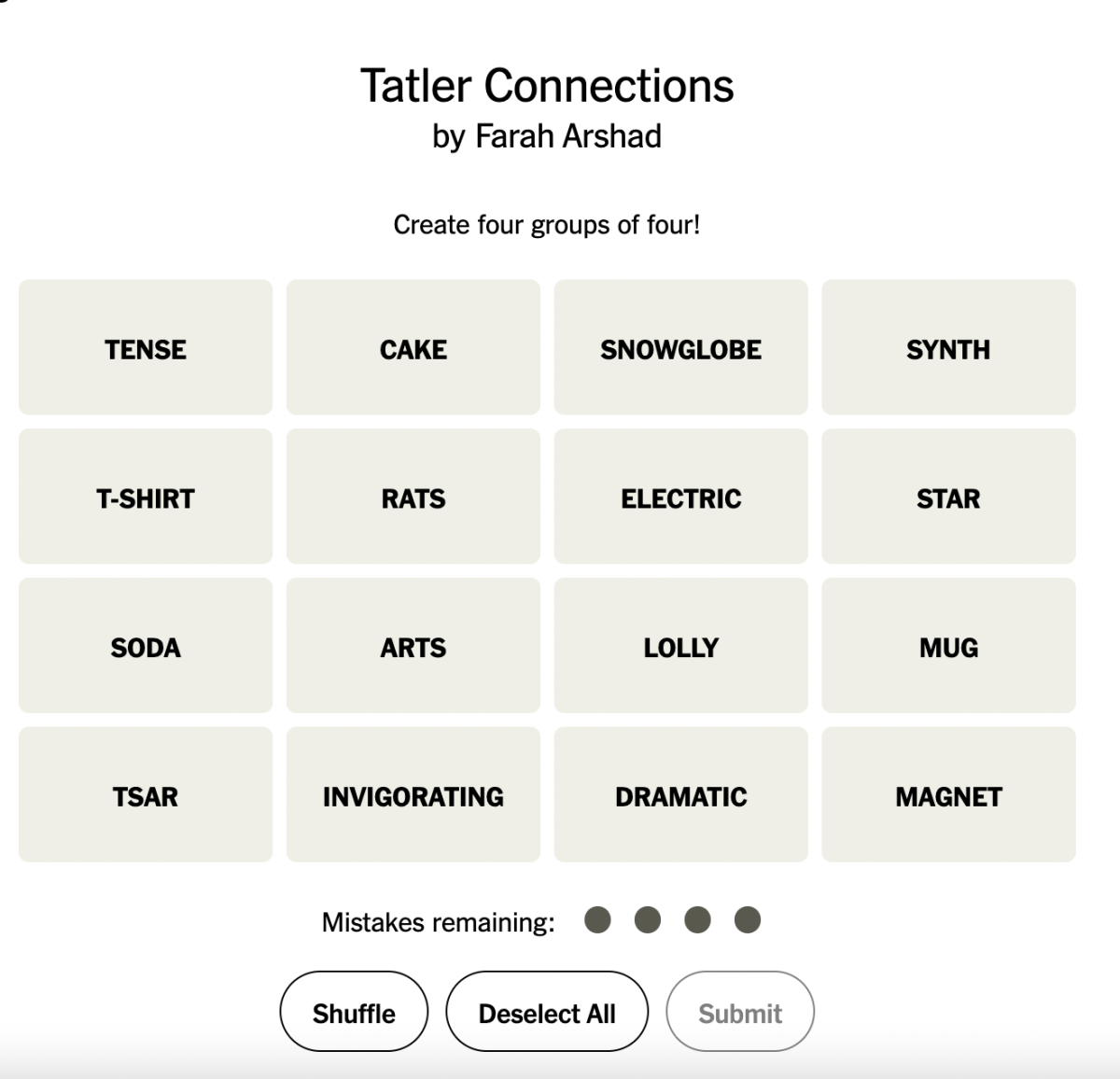It’s not just Kanye
Statistics show that antisemitism is on the rise across the world.
November 1, 2022
It was recently reported that Kanye West originally hoped his album, which was released as “Ye,” would be titled “Hitler.”
According to a business executive who worked for the rapper and record producer, “[Kanye] would praise Hitler by saying how incredible it was that he was able to accumulate so much power and would talk about all the great things he and the Nazi Party achieved for the German people.”
This revelation is just one in a long line of antisemitic statements from West, and he has rightly been called out on social media. Companies like Adidas, Balenciaga, Vogue, MRC documentary and the CAA (Creative Artists Agency) have ended their partnerships with Kanye as a result.
Responding to my request for comment, Congressman Steve Cohen (TN-09) wrote in an email about his reaction to West’s comments, the recent acts of antisemitism and the response it has drawn in the media.
“Kanye West’s remarks are despicable, but it is uplifting to see all those condemning them and cutting off relations with him as they repudiate antisemitism,” Cohen said. “There may be more antisemitism in the country and in the world now than at any time since World War II. This is a great concern to the Jewish people and to all people of goodwill.”
However, the response has not all been positive. On Oct. 24, an antisemitic hate group hung up signs on the 405 freeway in Los Angeles saying, “Honk if you know Kanye is right about the Jews.”
People still listen to Kanye’s music, buy his clothing, and make excuses for him and for people like him, like actor Gina Carano or politician Marjorie Taylor Greene. Just as Carano still acts and Greene still holds office, those with power or fame get off the hook for normalized antisemitic behavior.
It is no secret that antisemitism is on the rise. According to a report by the Anti-Defamation League, in 2021, there were an average of seven antisemitic incidents per day, 34% higher than in the previous year. Seventy-seven years after the Holocaust, we are still seeing antisemitism increase at a dangerous rate.
These statistics may seem like just numbers, but 2,717 reported incidents and an increase of 167% in assaults in one year is not normal. We are four years after the deadliest assault on Jewish people in the United States, the Tree of Life shooting. But for some reason, 11 people being murdered was not enough for the world to put a stop to antisemitism.
“Generally, when there’s antisemitism, there’s prejudice that comes out openly against others based on religion, race, gender and sexual orientation,” Cohen wrote. “None of that is good for society.”
The fact is antisemitism has been normalized not by the “big” things like swastikas or the banners seen on the 405 but by the “little” things like supporting problematic celebrities and media that hold small, yet immense, symbols of hate.
Movies and TV shows that stereotype Jews or, even worse, dehumanize them, seem to get a “free pass.”
“Do Revenge” was released on Sept. 16, 2022. Despite the 84% rating on Rotten Tomatoes, antisemitism remained a large theme throughout the movie. The main antagonist, a wealthy, elite and politically connected teenager, is seen wearing a button-up shirt with the top buttons unhooked, exposing his Jewish star necklace.
Viewers learn the character is Jewish at the same moment that he is revealed to be the antagonist. This perpetuates the image that Jewish people are inherently “villainous.” This antisemitic symbolism can also be seen today in the 21st century as Jewish people have been blamed for various events such as the 9/11 attacks, causing the COVID-19 pandemic and controlling the government.
The “Harry Potter“ series is the third most widely read book in the world, but the series integrates antisemitic tropes and hatred for Jewish people.
According to Forbes, J.K. Rowling describes the goblins in the book series as a “secretive cabal of hook-nosed bankers, who maintain a contentious relationship with the wizarding world, who view them with deep suspicion.” Hook-noses, bankers and greediness are all classic antisemitic stereotypes. The movie portrays the goblins similarly to the representation of Jewish people in Nazi propoganda posters.
Roald Dahl, the children’s book author famous for “Charlie and the Chocolate Factory” and “Matilda,” is viewed as a literary icon. He also admitted that he was antisemitic in an interview in 1983 prior to his death and argued that Hitler “didn’t just pick on them for no reason.”
The fourth season of the much-loved series “Stranger Things” also brought accusations of antisemitism. The filming for the prison camp scenes was done in the Lukiškės Prison in Vilnius, Lithuania, a center that imprisoned and murdered Jews during the Holocaust.
On May 27, 2022, the Lithuanian National Radio and Television announced that Lukiškės would be joining with AirBnB to make a “Stranger Things” themed cell available for public use.
Evelyn Frick, Jewish advocate, writer and comedian, said, “To put that in context: For 107 Euros ($114) a night, Lukiškės Prison and AirBnB offered ‘Stranger Things’ fans the opportunity to light-heartedly eat waffles in a place where Jews were held before they were murdered, and Soviet political prisoners were tortured and executed.”
In addition, Eleven, a character in the show, has “011” tattooed on her wrist. Fans have recently been getting matching ones, which the creators of “Stranger Things” have been encouraging by reposting them on their official Instagram account – ignoring the obvious parallels to Jewish prisoners during the Holocaust.
This past summer, I traveled with a group of Jewish teenagers to Poland, and we had to be accompanied by a security guard. I saw the horrors of the Holocaust and a freshly painted swastika. When our group would sing songs in Hebrew or pray in a service, people walking by would stop, listen and video us. I realized it was because they had never seen Jewish people before. All of the Jewish people from the area were murdered over 70 years ago.
Celebrities and media are choosing to ignore this history, sending the message that antisemitism is a normal part of life.
I have gotten used to the Jewish side characters being classically weird, annoying and full of other Jewish stereotypes, but personally, I never canceled my Netflix subscription, I read the “Harry Potter” series and the majority of Roald Dahl books, and I have worn my brother’s Yeezys. Does that make me any better than the person paying to stay at the Lukiškės Prison AirBnB?
A few weeks ago, during Yom Kippur services at Baron Hirsch Synagogue, we were forced to go into lockdown. While we later found out that nothing concerning had occurred, I was very frightened as all I saw were the security guards pulling out massive guns and herding us into a different space. Needing protection at a place of worship is not a reality that should be normalized, but the doors into my synagogue are bullet proof and manned by armed security guards.
As humans and leaders of the next generation, we have the opportunity to denormalize events like these. Education is the key to eradicating antisemitism, and all other forms of hate.
Unfortunately, as states ban books and remove Holocaust curriculum in schools, the ignorance will just continue to become more prevalent. The swift backlash to Kanye’s tweets shows a step towards progress that should be admired and continued.
Rayna Rose Exelbierd, third-generation Holocaust survivor and author, believes that the best way to raise awareness about antisemitism is through educating those close to you.
“For any cause, you need people outside of the affected community to bring light and attention,” Exelbierd said. “It is important to call out hate and educate others, most importantly on the interpersonal levels. This is where true progress is created.”
“Knowledge is power,” Exelbierd said. “Each person has the ability to make a difference in their own network, collectively creating a more accepting world.”



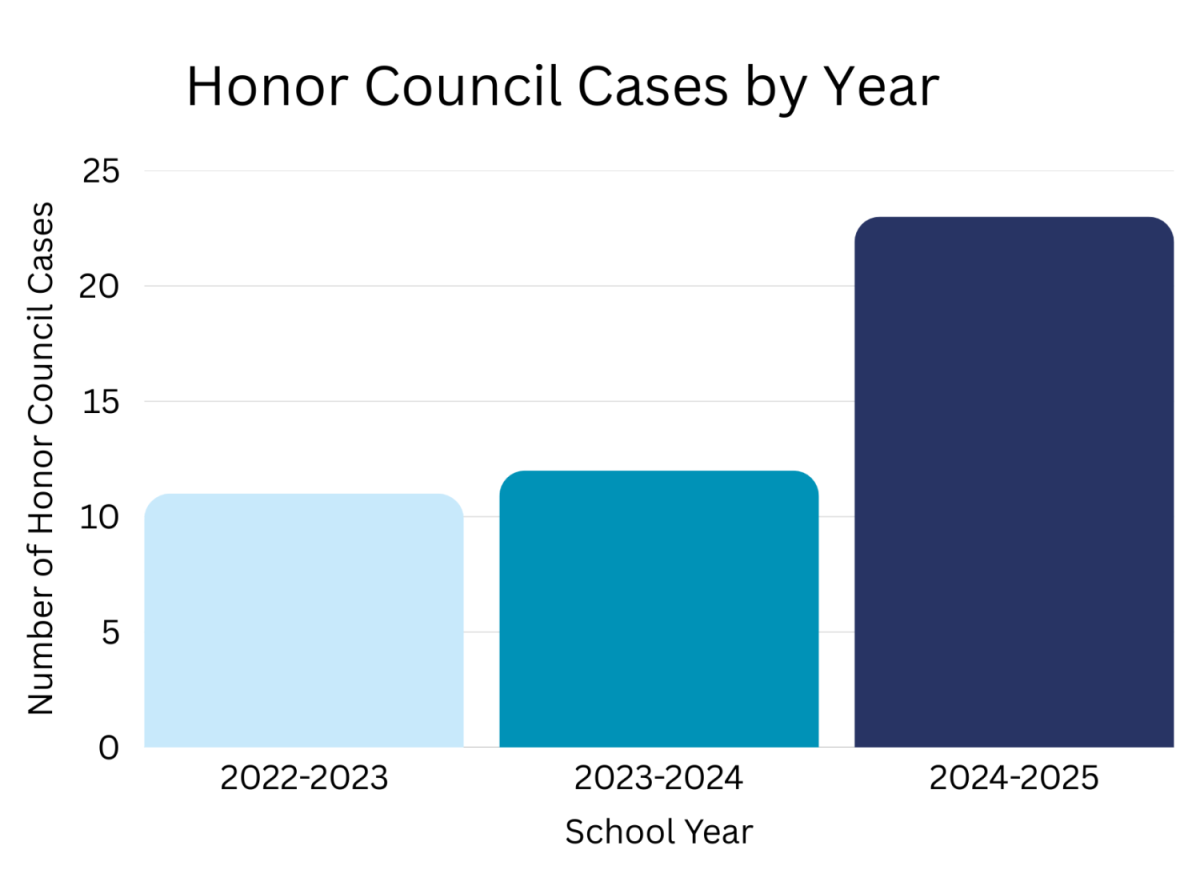


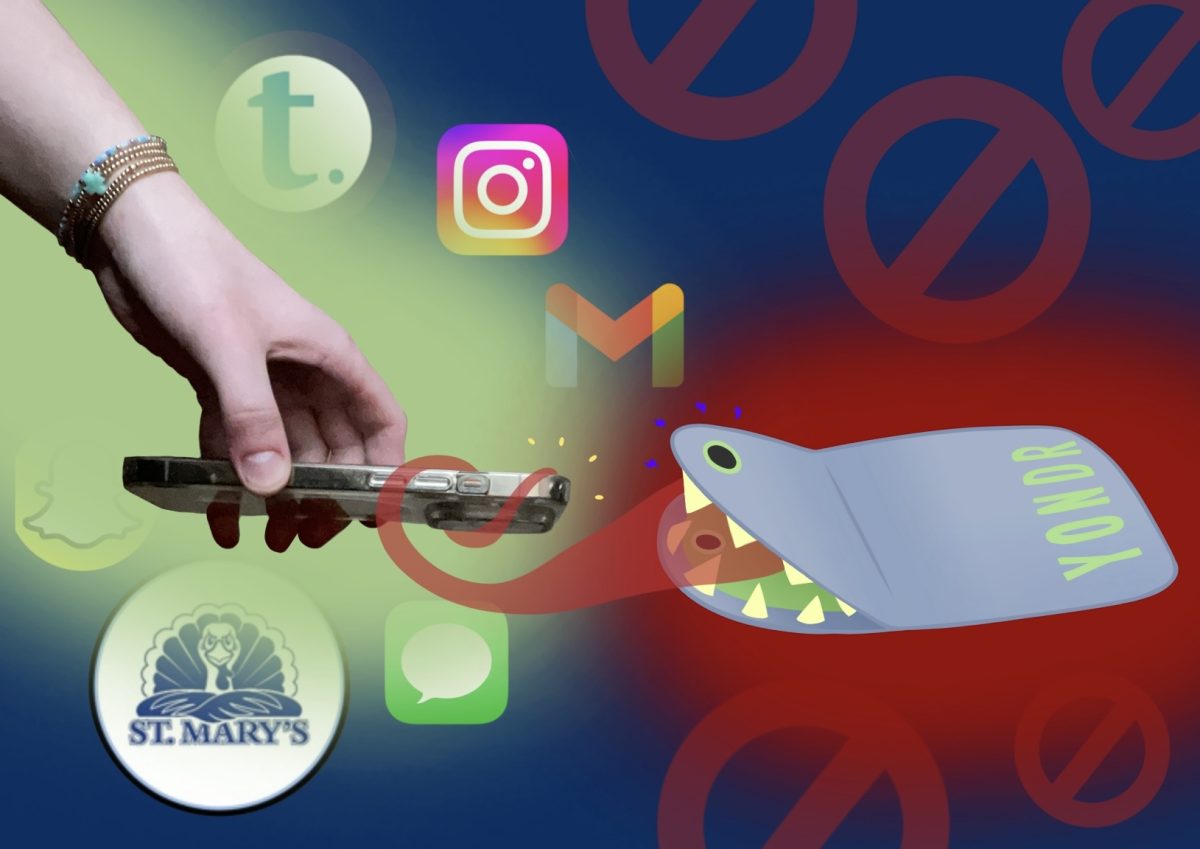


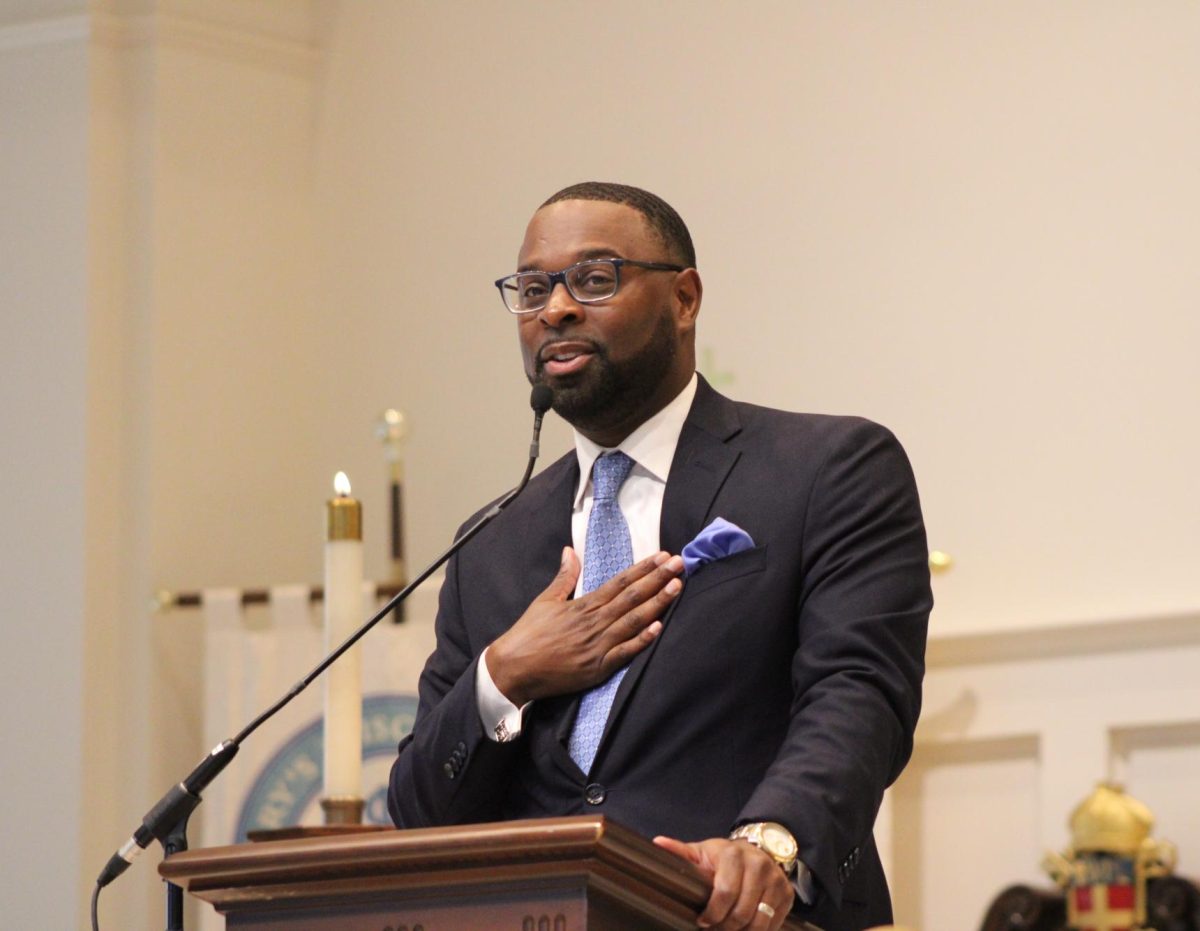
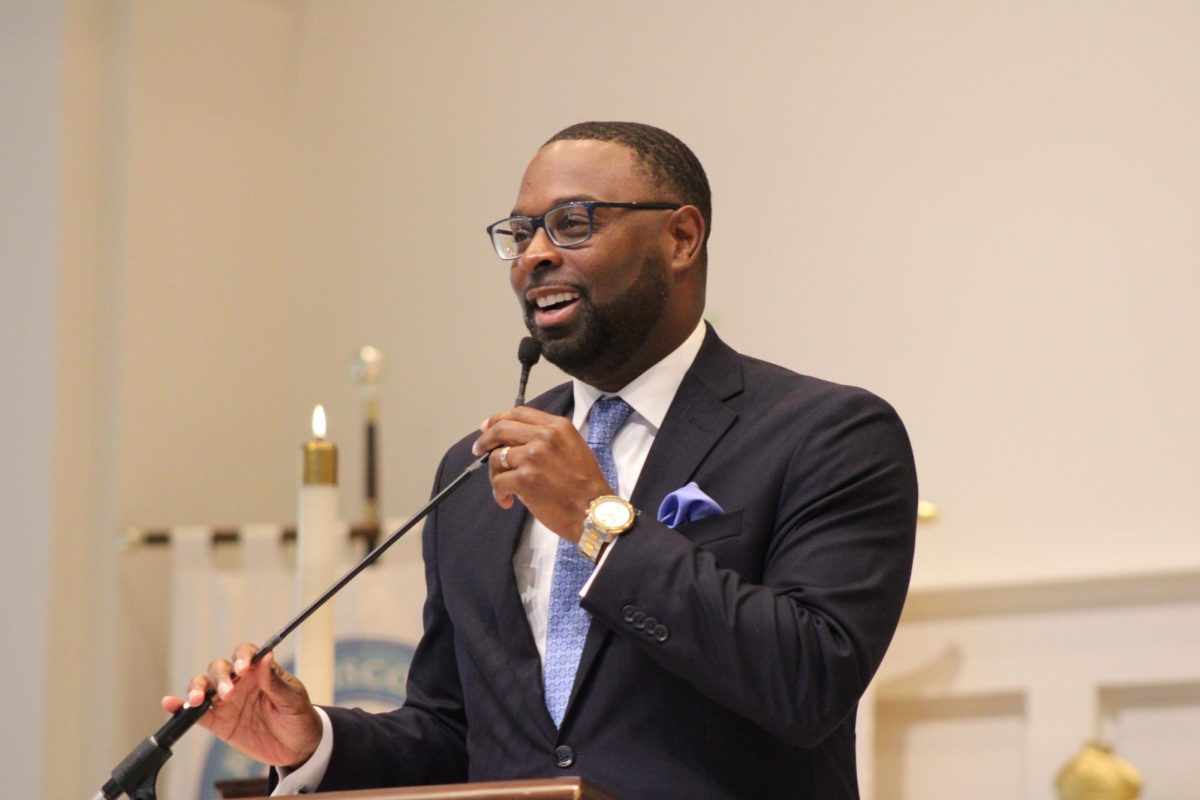


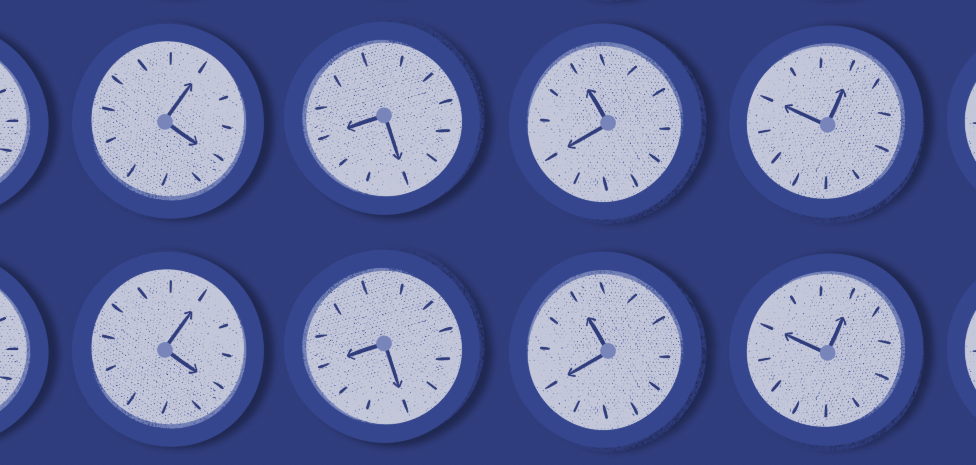


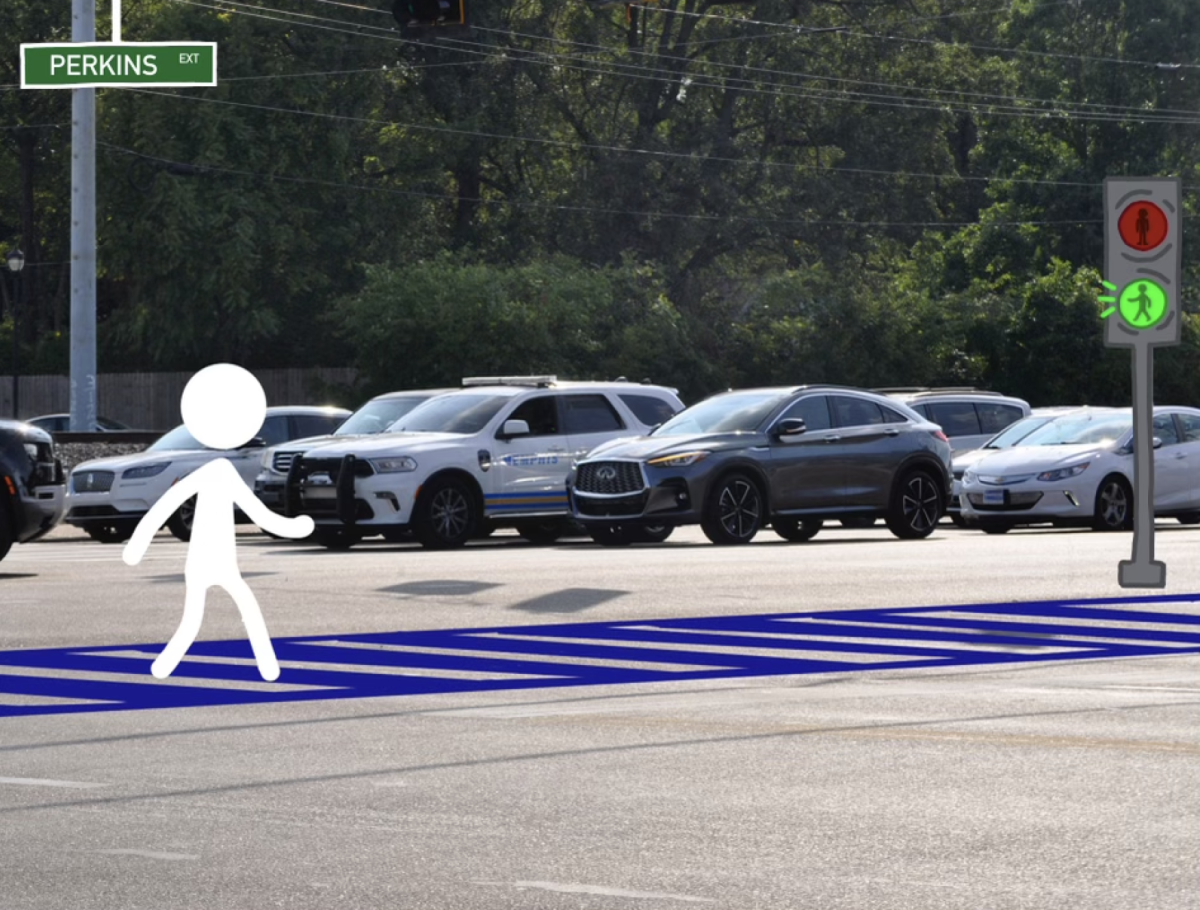
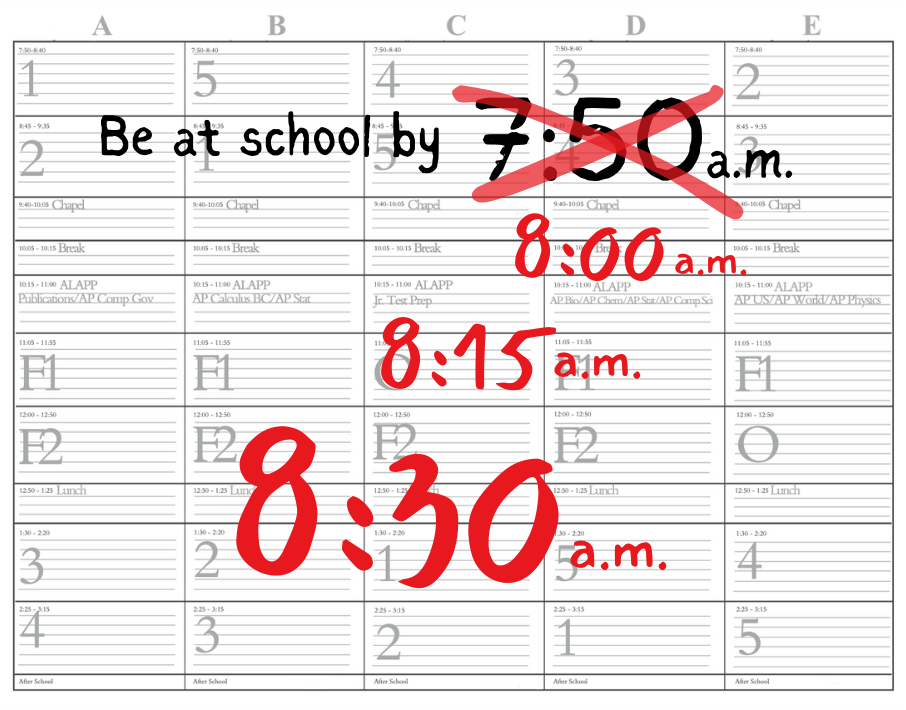

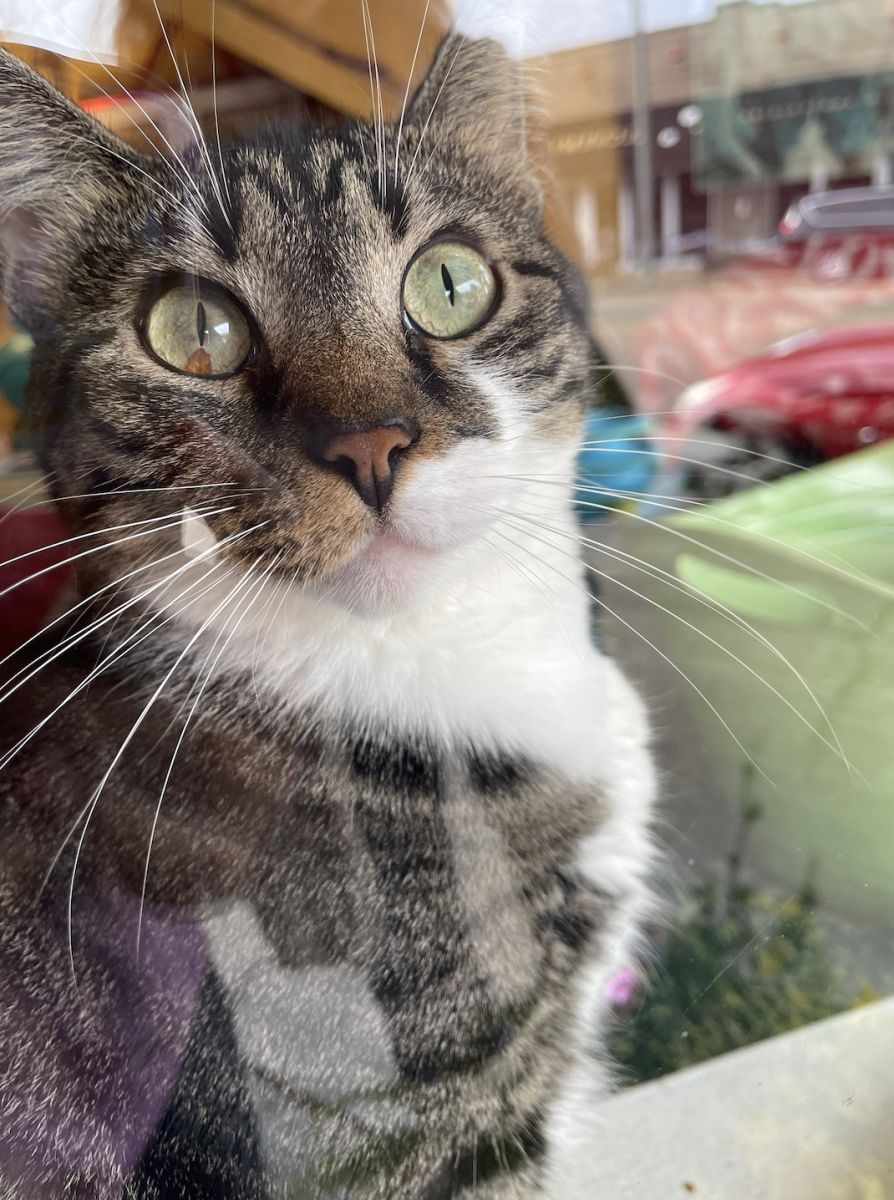

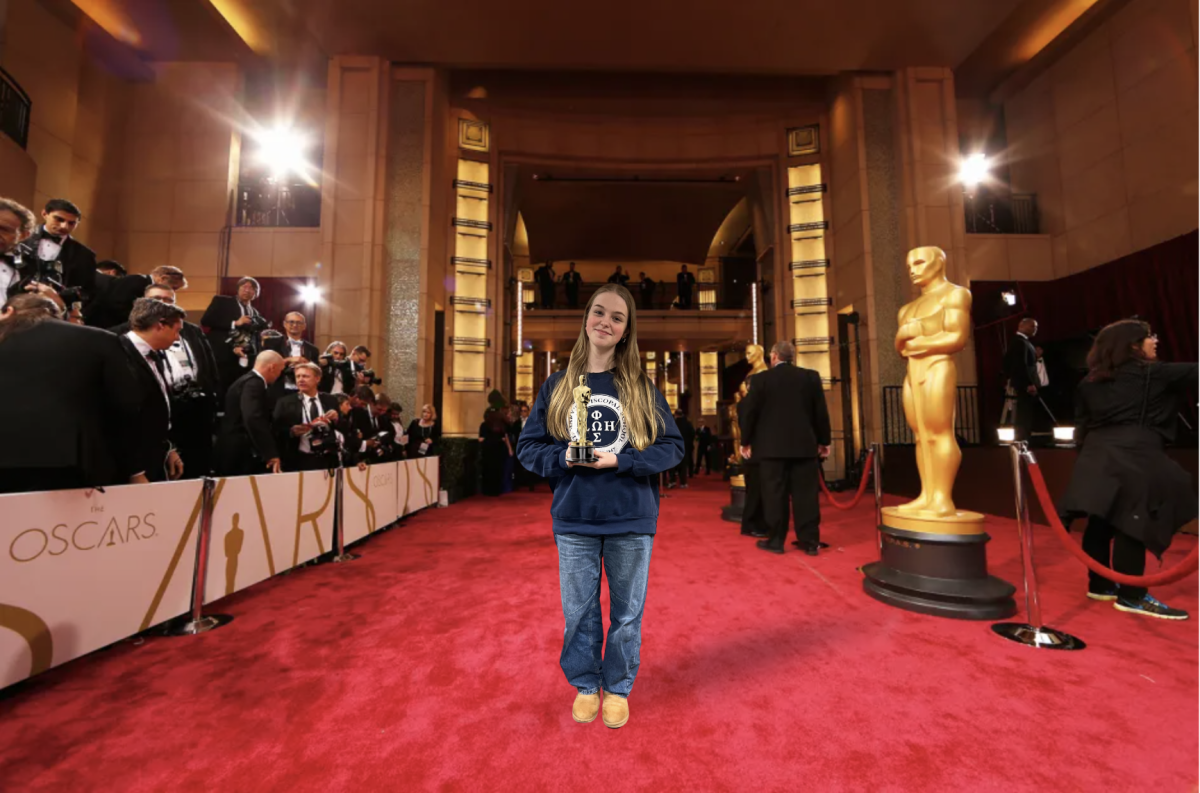
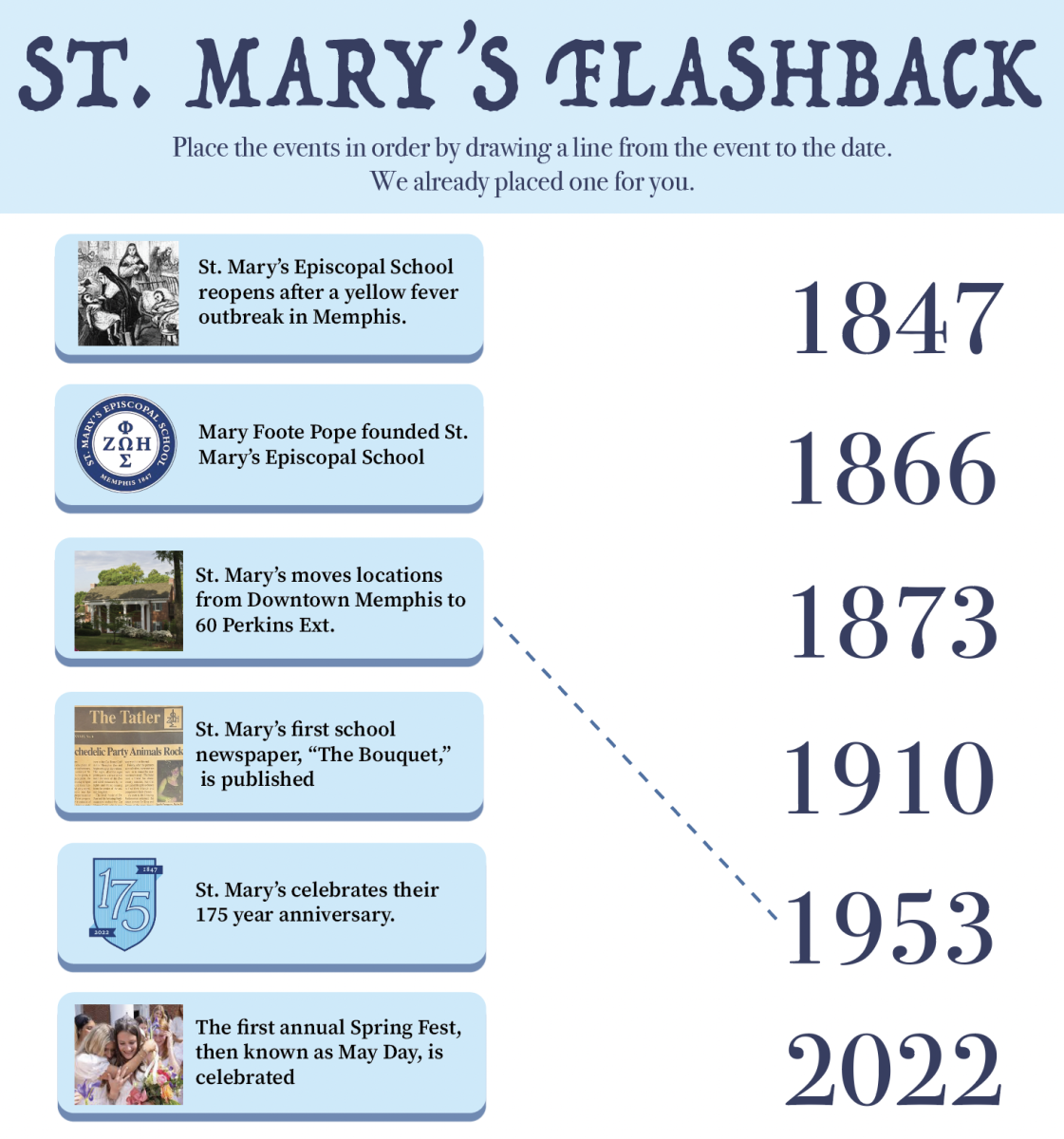
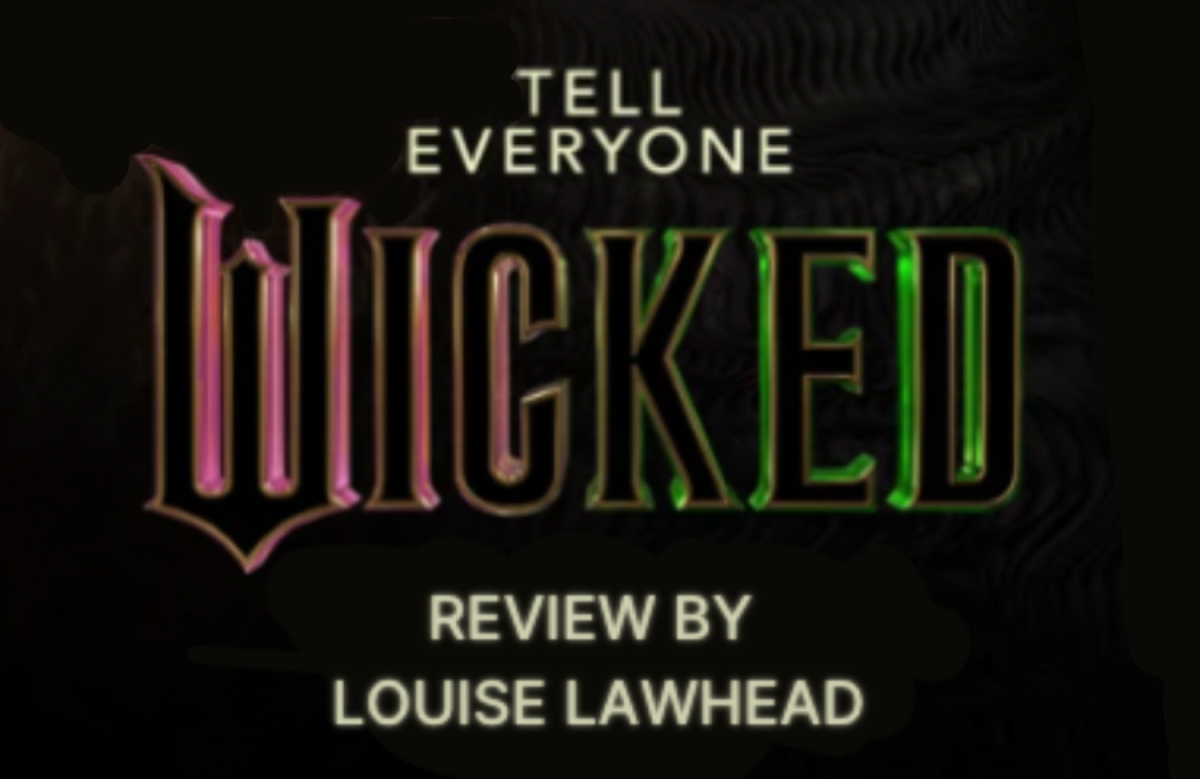

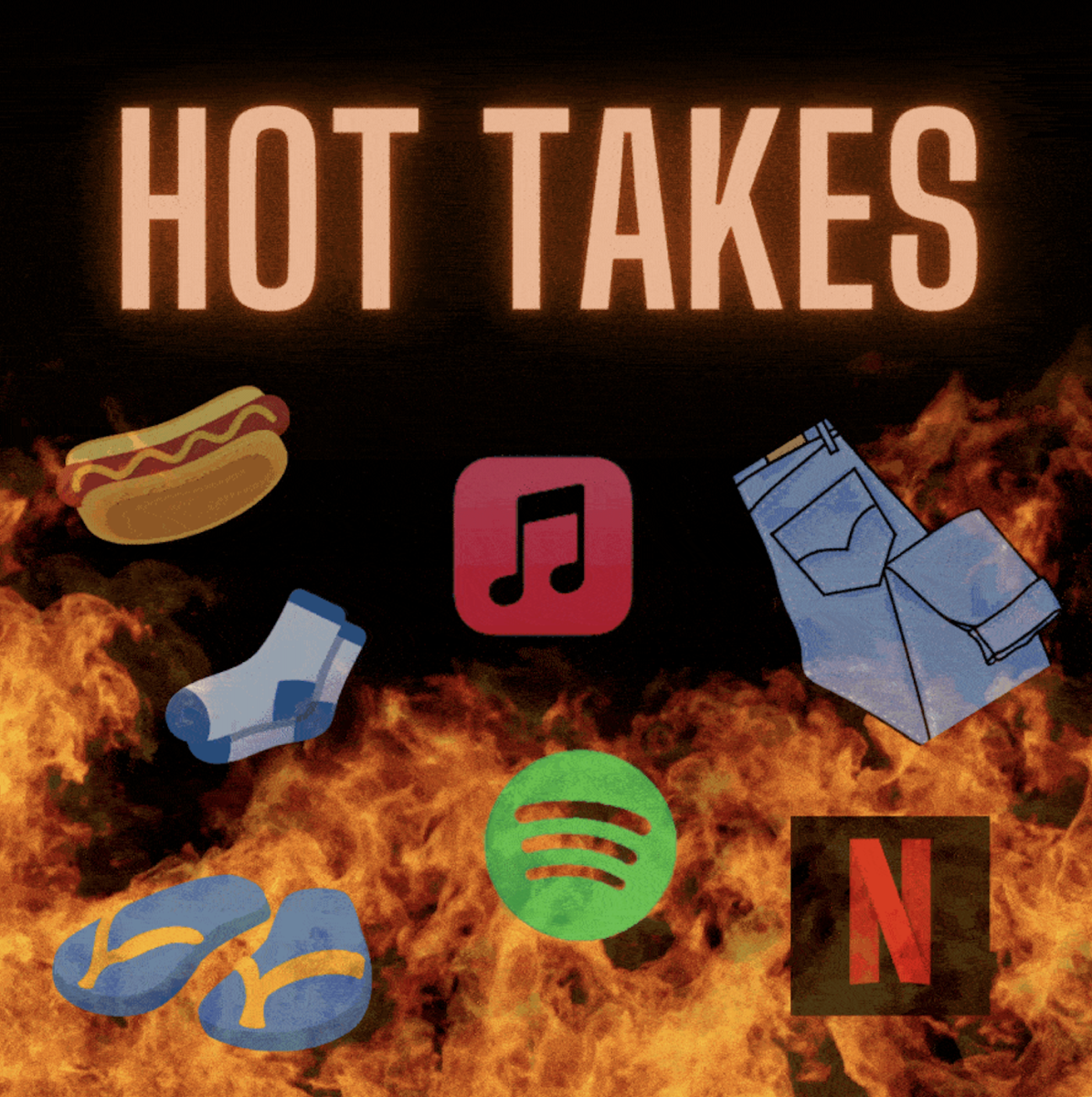
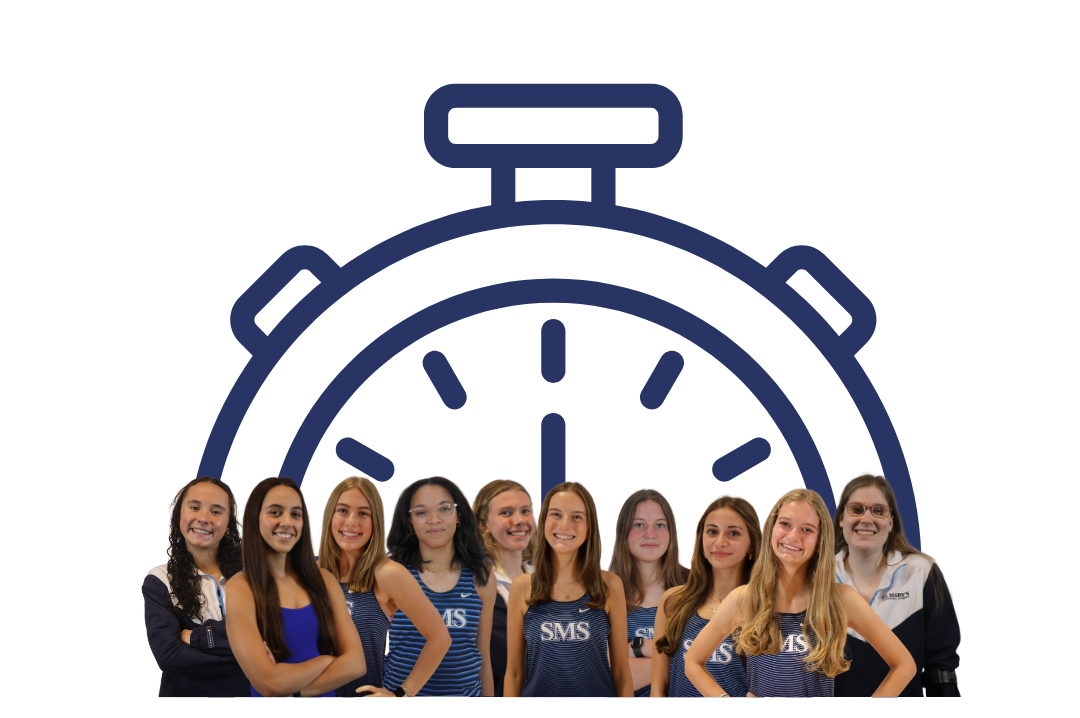


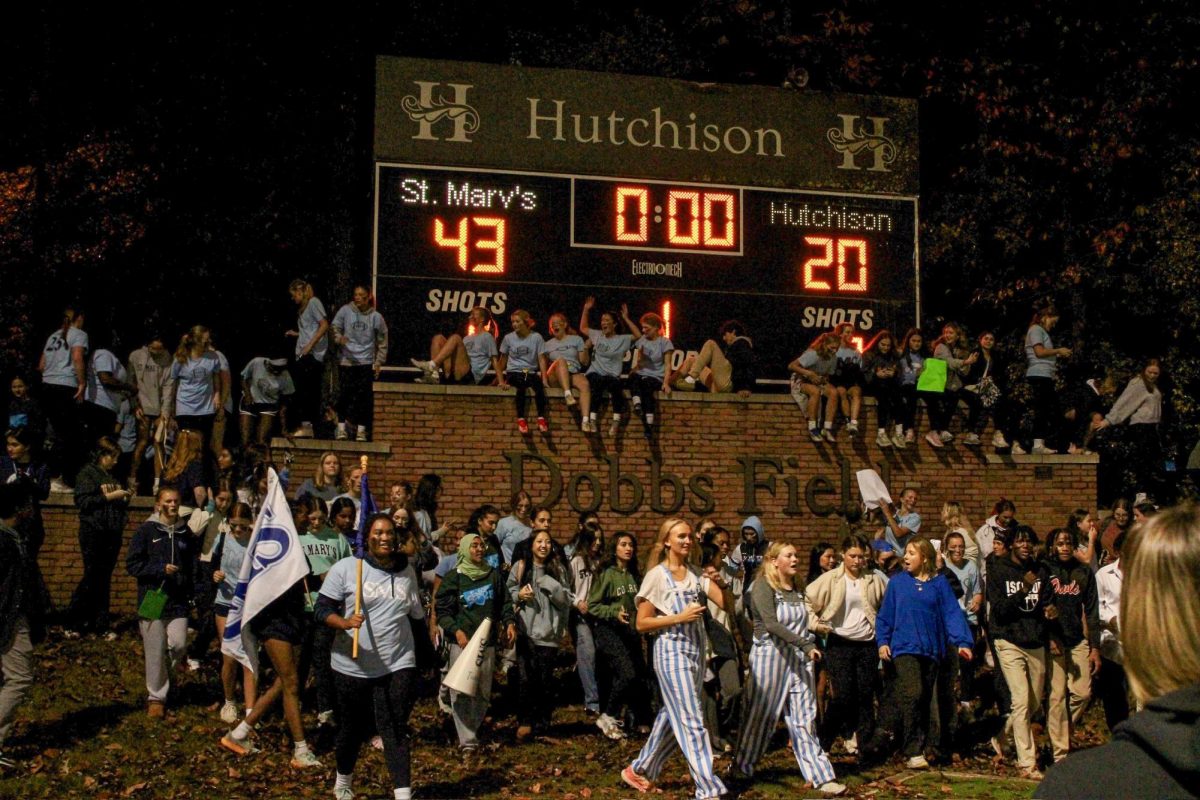

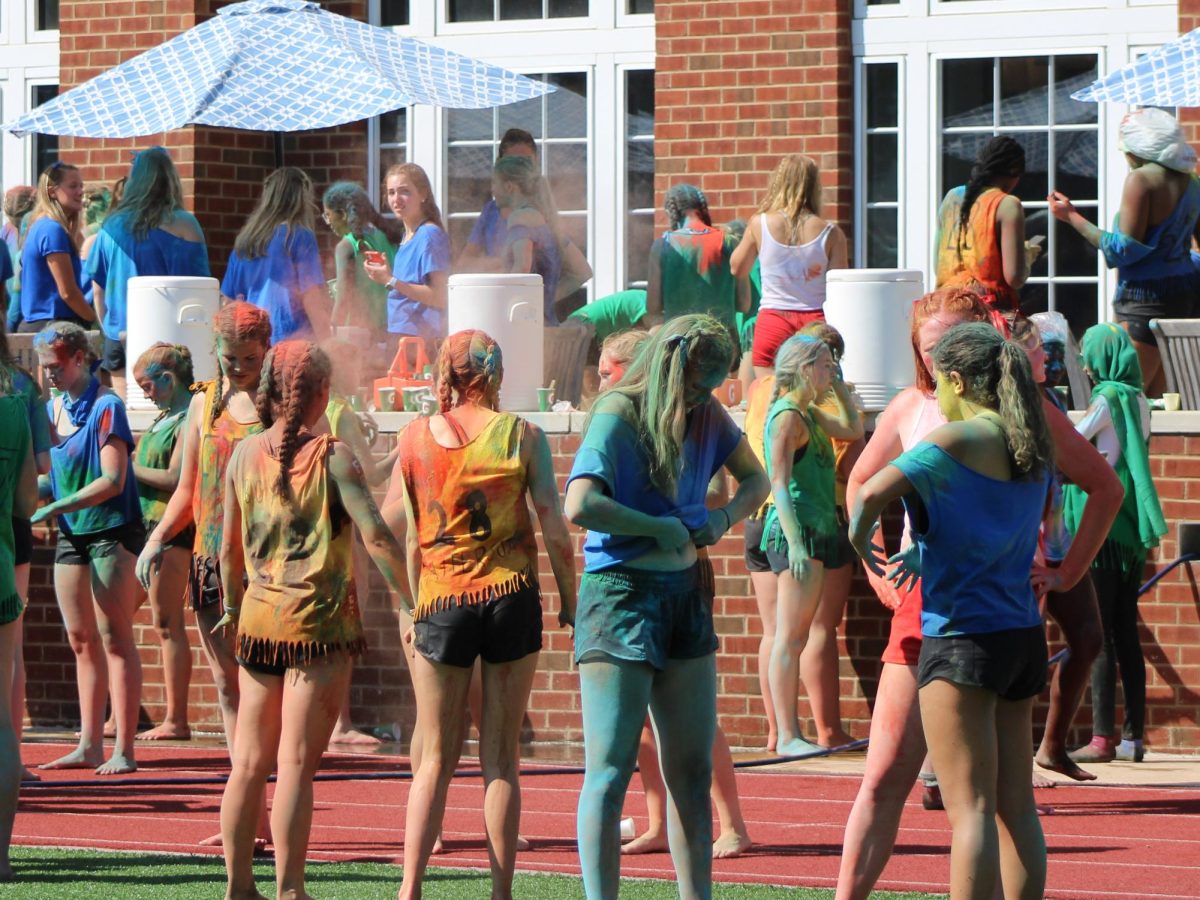
![[GALLERY] Walking in (Downtown) Memphis](https://stmarystatler.org/wp-content/uploads/2024/04/E1DAD3FE-E2CE-486F-8D1D-33D687B1613F_1_105_c.jpeg)
